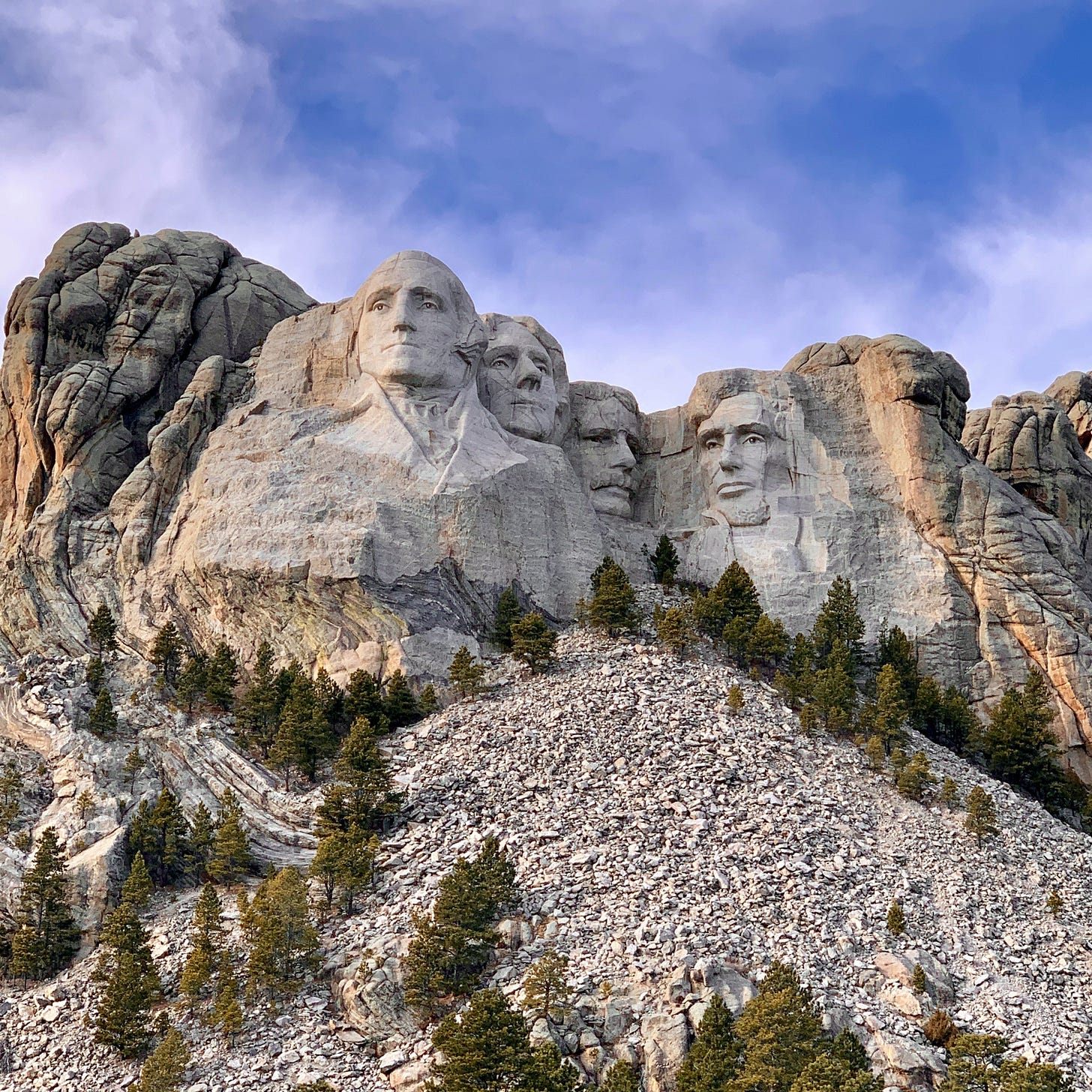Back in 2015, I was pursuing a graduate degree in Research Statistics. One of my courses was about designing a framework for selecting candidates for various jobs. The idea was that a candidate for the job of salesperson would need to have very different personality traits compared to, for example, the job of accountant or nurse.
In response to an assignment to design a rubric for a job of my choosing, I decided to write about the job of US President. After all, we voters are collectively the hiring committee for this very important job.
As one more election campaign kicks in, I thought I would revisit my old ideas.
In his book, The Presidential Difference: Leadership Style from FDR to Clinton, Prof. Fred Greenstein of Princeton University rated recent presidents on six qualities that he believes bear on their leadership and effectiveness: communication, organization, political skill, vision, cognitive style and emotional intelligence. Interestingly, according to Prof. Greenstein, no leadership quality matters more than emotional intelligence. In its absence, he writes, the presidency becomes "a defective instrument of democratic governance."
Expanding on Prof. Greenstein’s six traits, a preferred candidate for president should have the following qualities:
Ability to understand complex issues and synthesize various points of view. What is needed is not so much knowing the “right” answers beforehand, but having the cognitive ability, intuition and insight to receive many inputs, many of them diametrically opposed to each other. These need to be followed with the courage to identify a course of action, possibly by combining several of the ideas presented and the confidence to direct its implementation.
Ability to communicate vision/ideas. Again, it is not simply about having a grand vision (“we will send a man to the moon before the decade is out”). Rather, it is about having a grand idea that is crucial for the country to pursue and then inspiring others (including those who are opposed to it or are inclined to sabotage the project) to dedicating themselves to making that vision a reality.
Ability to engage in and be guided by the preferences and concerns of the citizenry. This is especially true when it comes to “kitchen table” / pocketbook issues. A person who is within touching distance of the presidency is probably too far removed from these types of everyday struggles of the everyman. This is why it is especially important that a person running for president be able to imagine himself or herself in the everywoman’s shoes and to devise policies that work to promote the wellbeing of that person.
Ability to compromise (“win-win”). Given the balance of power among the three branches of government, the president does not often get his or her own way. The art of compromise requires a willingness to give a little to get a little, and to do so while adhering to the highest standards of integrity and dignity – one’s own as well as those of one’s opponents.
Ability to be compartmentalize, multi-task and be organized. The president might have to attend a light-hearted roast even while knowing that there is a high-stakes security operation is progress in another part of the country or the world. Or he or she may have to deal with threats of a government shutdown while also dealing with cyber threats and belligerent “allies”.
Unlike candidates for other jobs, it is impossible to know presidential candidates on a personal level or meet them in a setting that is conducive to traditional evaluation methods. Since self-report measures are not particularly effective when it comes to assessing the qualities identified above, I would ask presidential candidates the following questions. Since they are based on events that have already taken place, it should be possible to verify the candidates’ responses relatively easily.
1. Describe an incident where you convinced your child or colleague or spouse to agree to something to which s/he was opposed. Describe an instance where one of those people changed your mind about something.
2. Which of your visionary ideas have you had to abandon? Which, if any, of those ideas would you try to revive if you were to become president?
3. Describe a time in your life when you felt hopeless or overwhelmed. How did you cope? How did that experience change you?
Most individuals, by the time they obtain the wherewithal to run for president, are extremely wealthy and they live in a bubble. Their biographies are scrubbed clean in the interest of presenting what the handlers think would be a compelling narrative (“The Man from Hope”). In the process, the candidates become shiny teflon cutouts who have seemingly never had to shed blood, sweat, or tears in order to simply keep going.
My questions are designed to peel the mask and uncover the real persons that they were before they got to their current elite state.
I wish there was a way to urge the journalists who interview presidential candidates to pose questions like the ones above. We would, for a change, get to know the real candidate and would then be able to make better voting decisions.
Photo by Dennis Guten on Unsplash




It troubles me that journalists seem most interested in trapping questions rather than informative questions. By the same token, candidates seem to answer every question with practiced lines whether they answer or not. Long form interviews with questions similar to your suggestions make more sense than debates.
Those are interesting questions to ask to not only the presidential candidates, but to each other too.